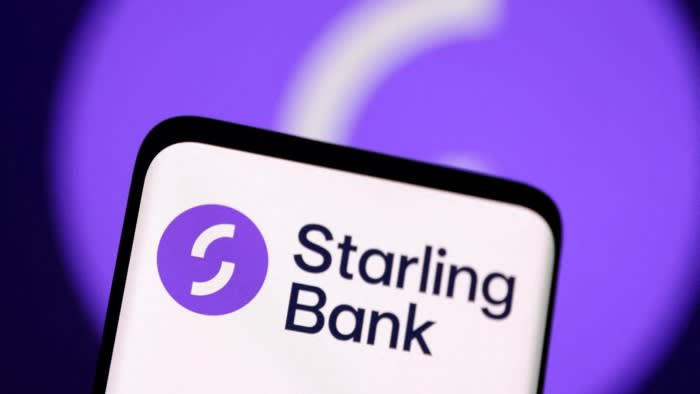Unlock the Editor’s Digest for free
Roula Khalaf, Editor of the FT, selects her favourite stories in this weekly newsletter.
Starling Bank has received a fine of £29mn from the UK financial regulator, which accused the challenger bank of “shockingly lax” controls against financial crime.
Starling’s efforts to identify potential money laundering, sanctions breaches and screen high-risk customers “did not keep pace” with the bank’s growth, the Financial Conduct Authority said on Wednesday. Starling grew from about 43,000 customers in 2017 to 3.6mn in 2023, the watchdog said.
“Starling’s financial sanction screening controls were shockingly lax,” said Therese Chambers, joint executive director of enforcement and market oversight at the FCA. “It left the financial system wide open to criminals and those subject to sanctions.”
The FCA said Starling had repeatedly failed to comply with an earlier agreement it made with regulators to stop opening new accounts for high-risk customers until its financial crime controls had improved.
Despite the agreement, the challenger bank opened 54,000 accounts for 49,000 high-risk customers between September 2021 and November 2023, the watchdog said.
The fine, which is the first of its type against a digital bank, comes as the watchdog is stepping up its scrutiny of neobanks’ financial-crime controls.
The FCA warned in 2022 that a spike in reports to the National Crime Agency had raised “concerns about the adequacy of [neobanks’] checks when taking on new customers”. The watchdog is separately conducting a civil probe into money-laundering controls at Starling’s rival, Monzo Bank, having downgraded it from a criminal matter, the bank said in its annual report in June.
Start-ups have struggled to scale up their financial crime controls at the same speed as they have attracted new users, while a wave of sanctions imposed after Russia’s 2022 invasion of Ukraine raised the amount of due diligence banks have to conduct on new customers.
Starling co-operated with the FCA and therefore qualified for a 30 per cent discount on a fine that otherwise would have been as high as £41mn, according to the findings.
Starling chair David Sproul said: “I would like to apologise for the failings outlined by the FCA and to provide reassurance that we have invested heavily to put things right, including strengthening our board governance and capabilities.”
Sproul said the failings were “historic issues” and that it had learned the lessons of this investigation.
